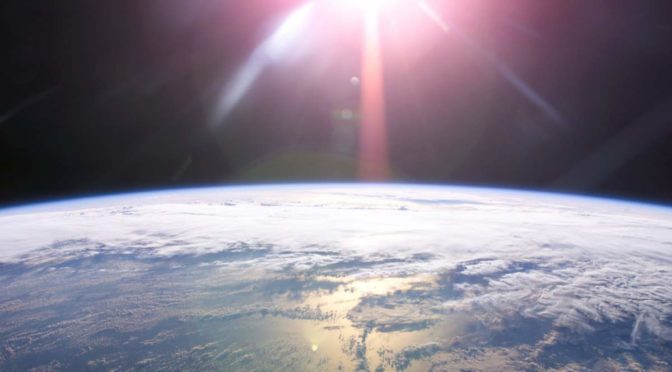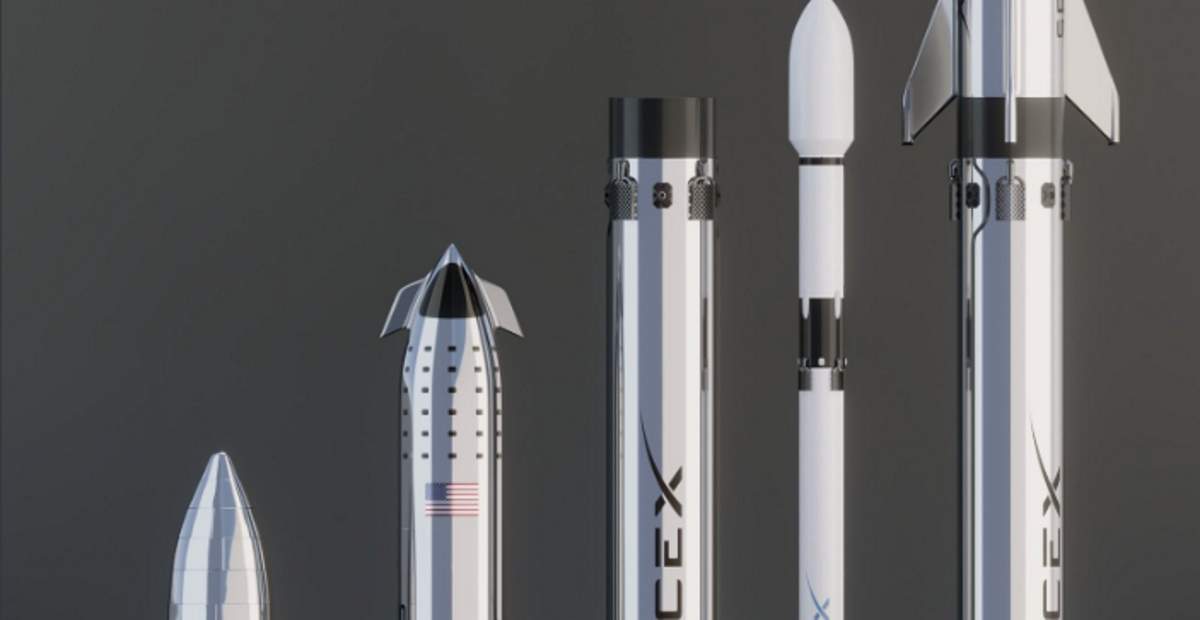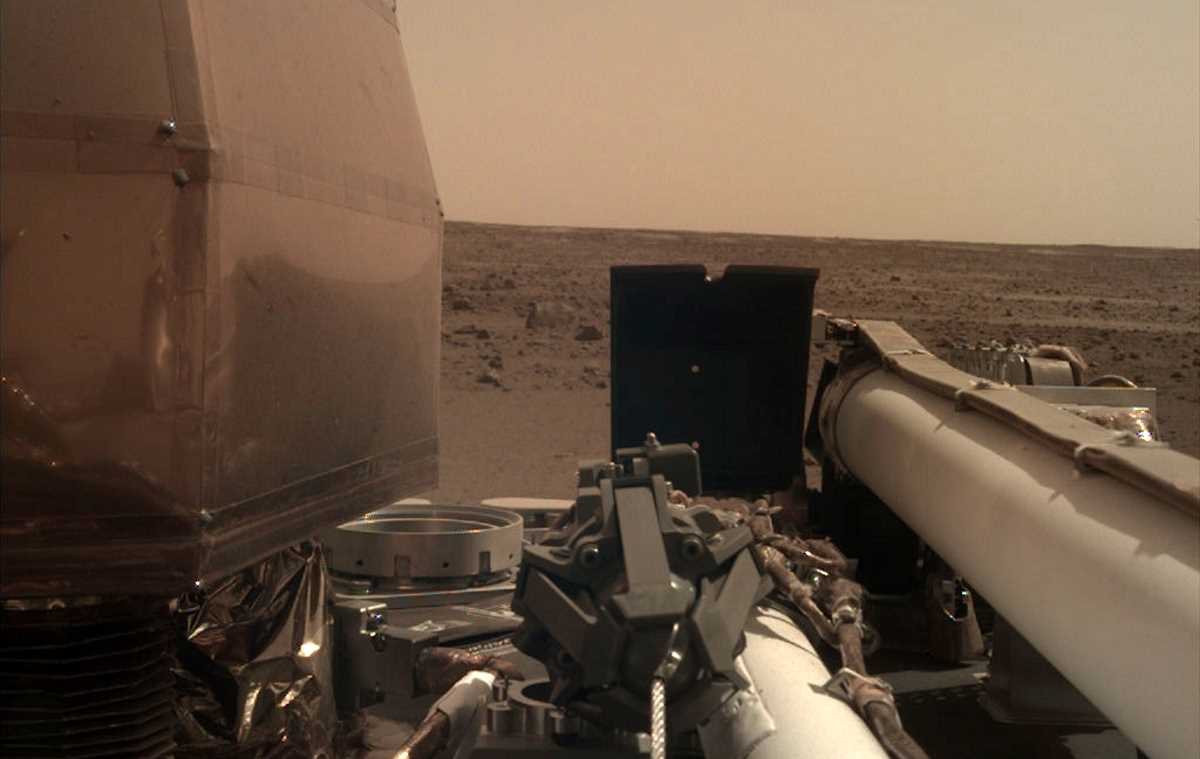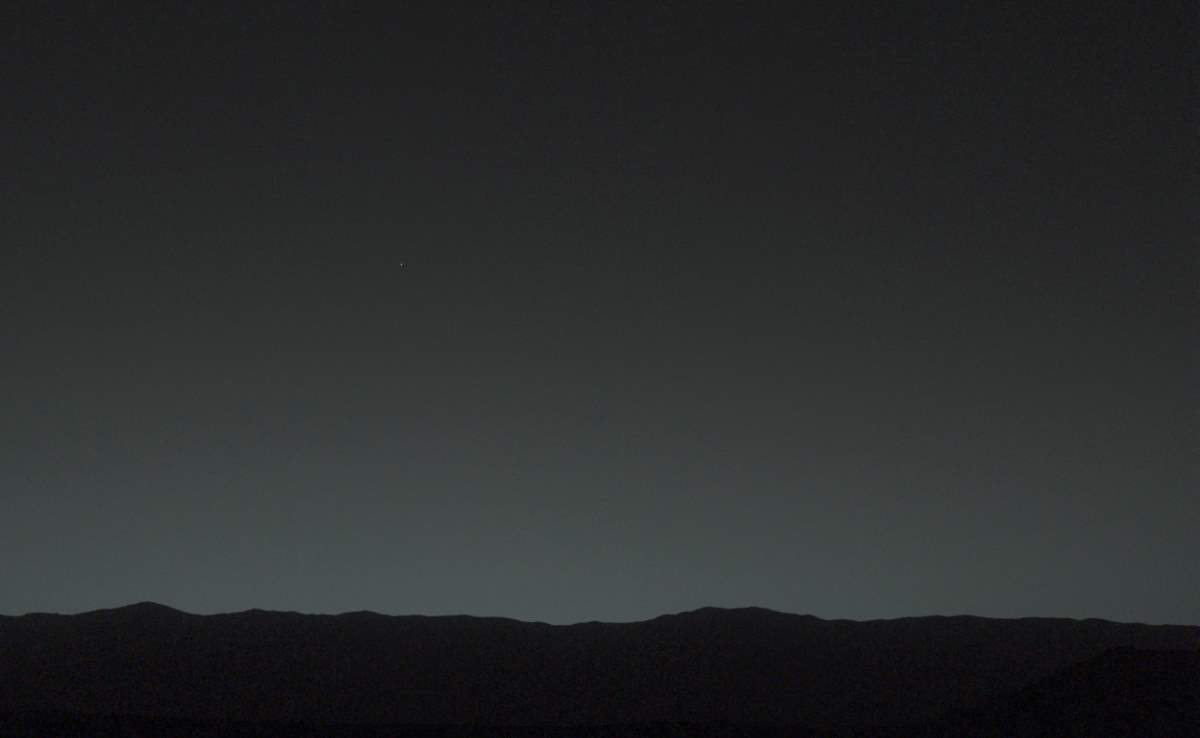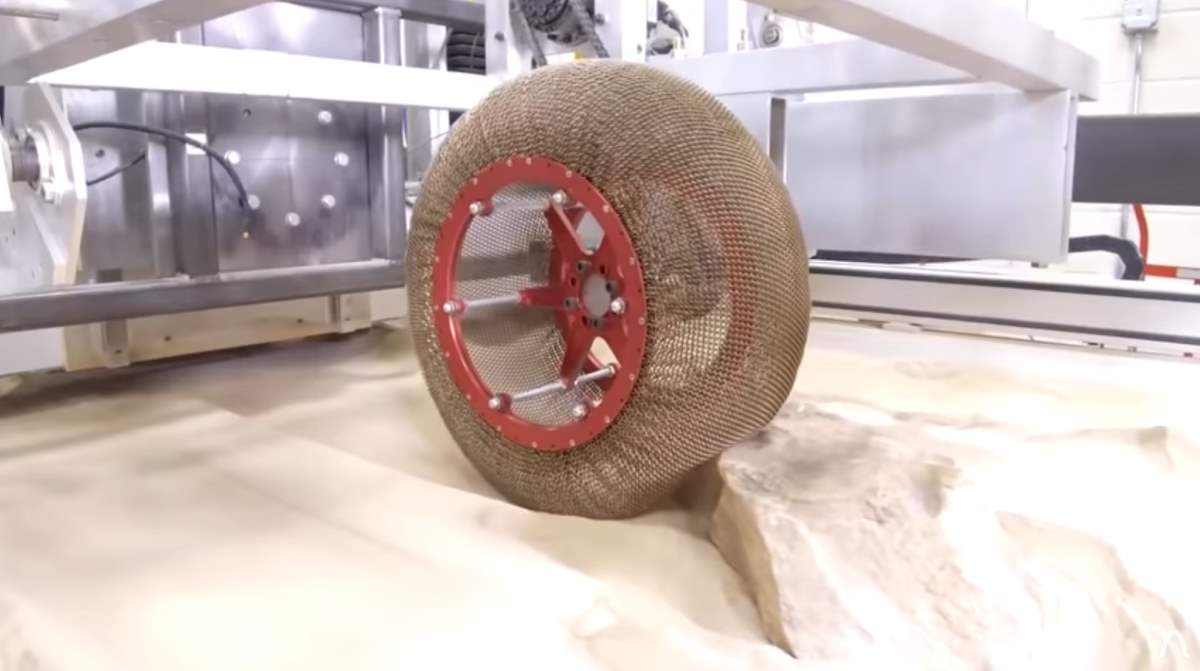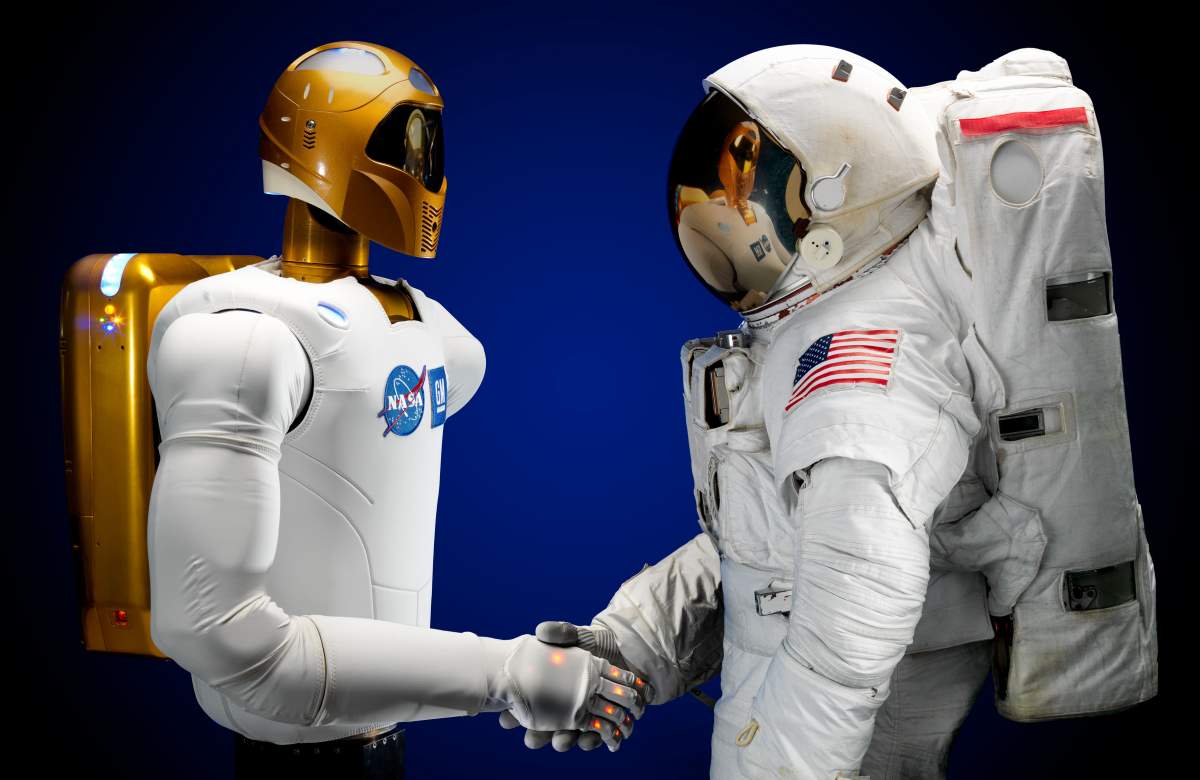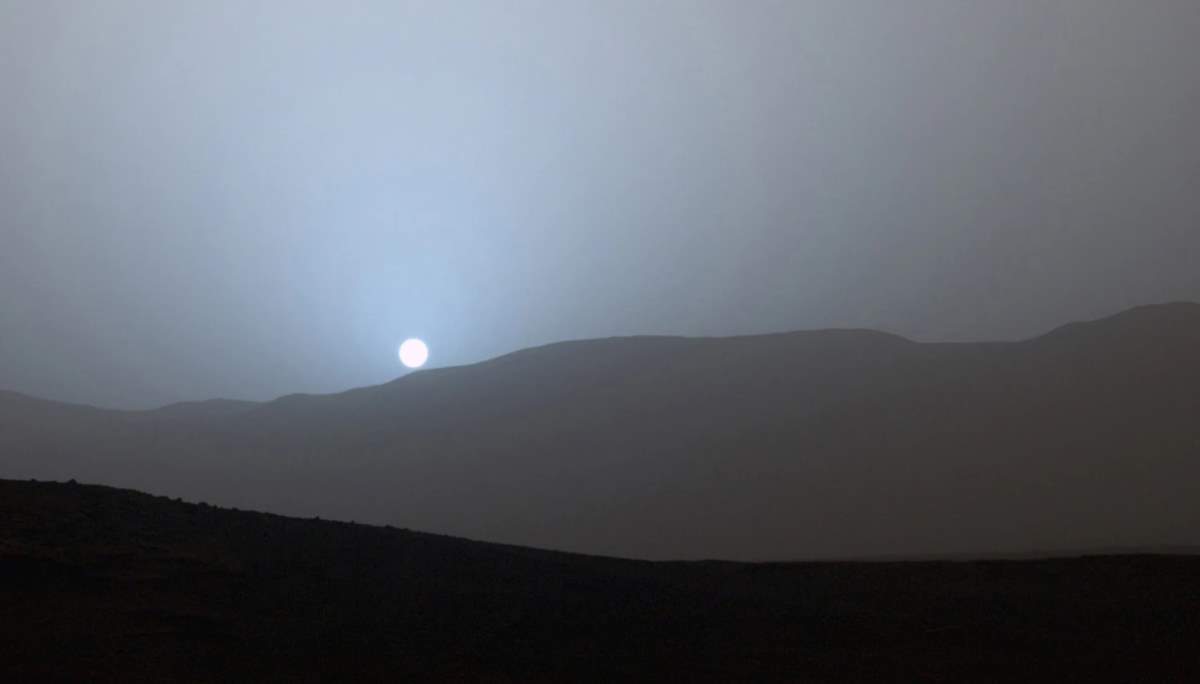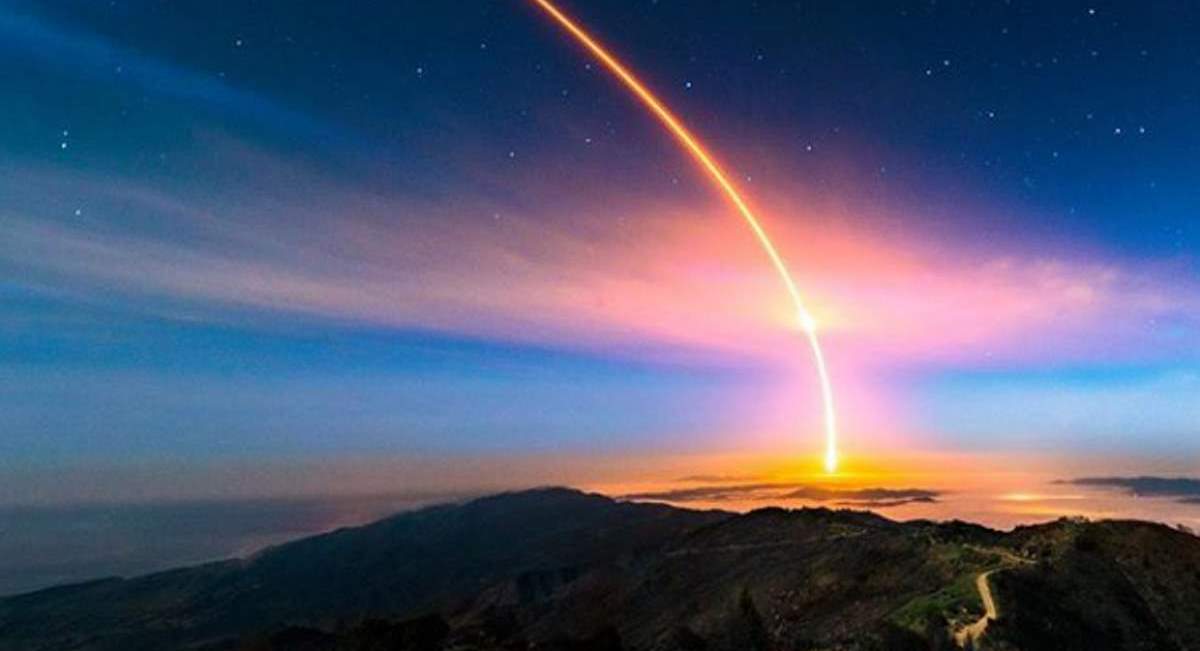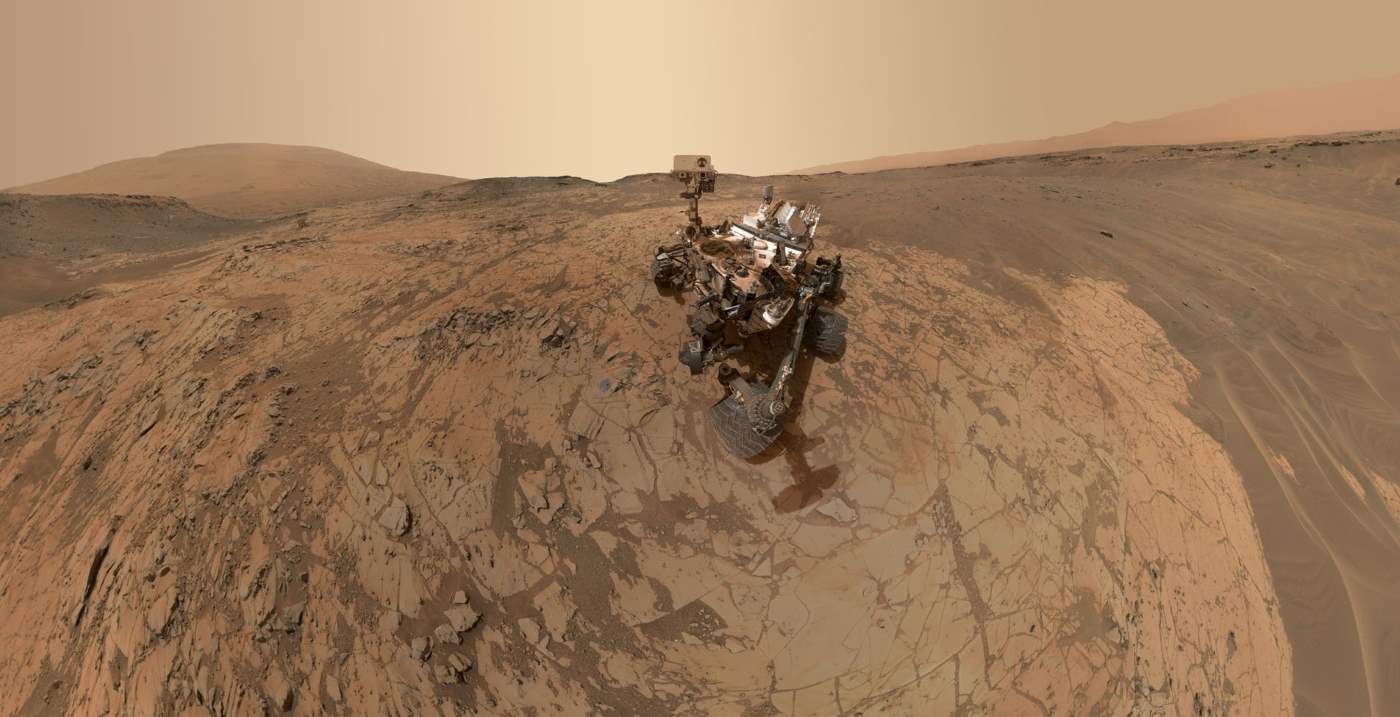The speed of light is the Universal speed limit – nothing can travel faster than light. In the vacuum (commonly denoted c), its exact value is 299,792,458 meters per second (around 186,000 miles per second). In other words, if you could travel at the speed of light, you could go around the Earth 7.5 times …
Continue reading “Speed of Light [perfect visual explanations]”
